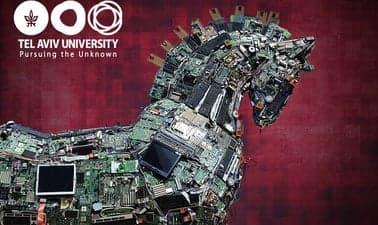MOOC List is learner-supported. When you buy through links on our site, we may earn an affiliate commission.

MOOC List is learner-supported. When you buy through links on our site, we may earn an affiliate commission.
In this course, which is the second part of the Unlocking Information Security program, you will turn your attention to the Internet: you'll start by learning about the inherent vulnerabilities lurking in the multiple layers of the Internet's protocol stack and then meet the first line of internet defenses. Next, you'll take an in-depth look at the modern cryptographic concepts that are at the core of internet security and discover the mathematical miracle that makes them possible.
With all this in mind, you will take a deep survey of the world wide web; understand the various technologies behind websites, how web servers and web browsers interact, how they can be attacked, and how they should be defended. Finally, you will learn about viruses, worms and trojans: what they are, how they spread, hide and attack, and the arms-race between them and the anti-virus industry.
This course is part of the Unlocking Information Security Professional Certificate.
What you'll learn
- An introduction to the typical Internet protocol stack vulnerabilities, including IP Spoofing, TCP Injections, and DDoS, and useful defenses against them like NAT Boxes and Firewalls
- An in-depth look at the cryptographic concepts and techniques that make up the security infrastructure of the Internet: Diffie-Hellman Key Exchange, RSA Public-Key Cryptography, Digital Signatures and MAC
- A survey of the world wide web's security concerns (SQL Injections, CSRF, and XSS): is the Internet ultimately vulnerable or is there a silver lining?
- An introduction to the world of malware: viruses, worms, Trojans and more - computer viruses and how to beat them
Prerequisites:
Complete the first part of the course - Unlocking Information Security: Part Ⅰ.
The course includes optional programming exercises that require familiarity with the Python programming language. While the course can be completed with great benefit without solving them, we highly recommend you give them a try.
The course also assumes some mathematical maturity, including algebra, basic combinatorics, and probability.
MOOC List is learner-supported. When you buy through links on our site, we may earn an affiliate commission.
MOOC List is learner-supported. When you buy through links on our site, we may earn an affiliate commission.
